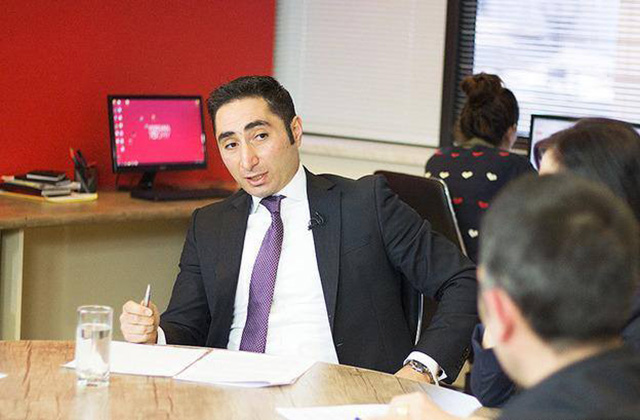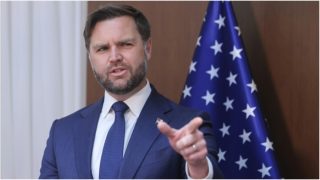The first contradictions and shortcomings in the law on forfeiture of property of illicit origin

Sargis Grigoryan and Irina Danielyan, GPARTNERS Law Firm
As you know, the Law on Forfeiture of Property of Illicit Origin (henceforth referred to as the Law) went into effect on May 23. However, the Law contains many contradictions and illogical provisions.
At this stage, we can see that the investigators’ and prosecutors’ actions are not based on the requirements of the law. As we know, in a number of high-profile criminal cases, they have frozen even the assets of third parties who have no status at all in these particular criminal cases. The purpose of these actions is to make sure that these assets are not managed in any way until they are forfeited in civil proceedings. Such policy is unacceptable.
Another problematic issue is the question of constitutionality of the scope of prosecutorial powers. The functions given to the prosecutors under this Law, especially in the enquiry stage, are investigatory in nature. This is an interference with the constitutional powers of investigative bodies. This violates the constitutional identity of investigative bodies. Secondly, the prosecutor’s office is an institutionally independent system with an extremely limited scope of powers set out exclusively in the Constitution. However, this Law provides the prosecutor’s office with extremely extensive powers, which is not in line with the essence of the constitutional norms on the legal status of the prosecutor’s office.
An extremely problematic issue in the context of this Law is the protection of rights of banks taking a collateral for loans. The prosecutor’s office has been making different statements lately, saying that banks must make efforts to determine the lawfulness of assets pledged as collateral. In other words, according to the prosecutor’s office, banks have the function of determining the lawfulness of these assets. However, banks simply do not have sufficient and necessary tools to do that, and they are not even required to have such tools. The banks’ silence on this controversial provision is not understandable in this context. We think banks should be more active in voicing their concern about their rights under the Law.

























